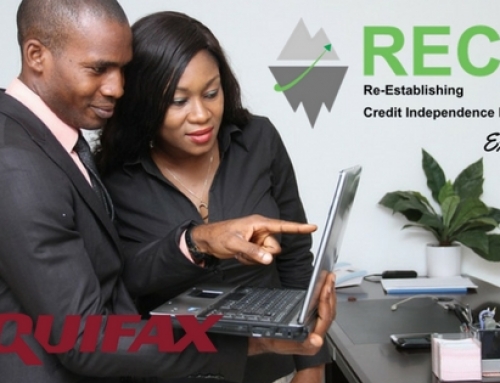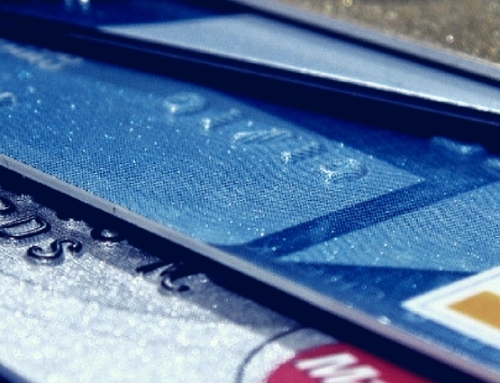These days, in the midst of our “keeping up with the Joneses” mentality and with technology firing new and exciting devices at us every few months, it can be tough for some to maintain a realistic debt load. Our expectations are high and people find it hard to distinguish between “needs” and “wants”, only ensuring that at some point, their spending habits are going to catch up with them. If you’re in some hot water with creditors or have finally realized that you’re spending more than you bring in each month, there are a number of ways in which to help you get back on track.
Pay yourself first
This can seem counterproductive in the beginning, especially if you have creditors calling, but paying yours elf first; even if it’s only a small amount per month, can help your future self deal with financial surprises or setbacks. Setting up an automatic debit from your bank account into a “savings” account so that you don’t even have to think about it will help you build a nest egg for emergencies.
Keep an open line of communication
Don’t avoid phone calls from those you owe money to. If your creditors know that you’re trying as best you can to pay them off, they’re more likely to give you some leeway and work with you. Some will even look for ways to reduce your monthly payment obligations or reduce your interest percentage. Just keep them in the loop as to how your financial situation is going.
Stop spending more than you bring in
This is the key to your financial health and can ensure that you don’t get carried away all over again. Budgeting generally doesn’t work for most people, but if you determine exactly what your fixed payments are per month and recognize how much you have left over, you can keep your “wants” purchases to within that limit. Facing your situation head on is the only way to rectify it.
Pay off the highest interest debts first
In this way, you’re getting the biggest financial burdens out of the way and can then focus on the ones that carry less interest later. The less interest that accrues the better, so take a look at how much you owe each creditor and what the interest is for each.
Pay off smaller debts first
Paying off the smaller debts quickly (if interest isn’t a factor) can make you feel as if you’re really getting somewhere. It also means that you can apply more money to the larger debts once the smaller ones have been cleared.
Get comfortable saying no
There will be all sorts of exciting distractions on your road to better financial health and being debt free. Stick to your plan and start saying no to extravagances and even nights out with friends that will cost you money. Socializing doesn’t have to cost money, so get creative about finding ways to entertain without a price tag.













